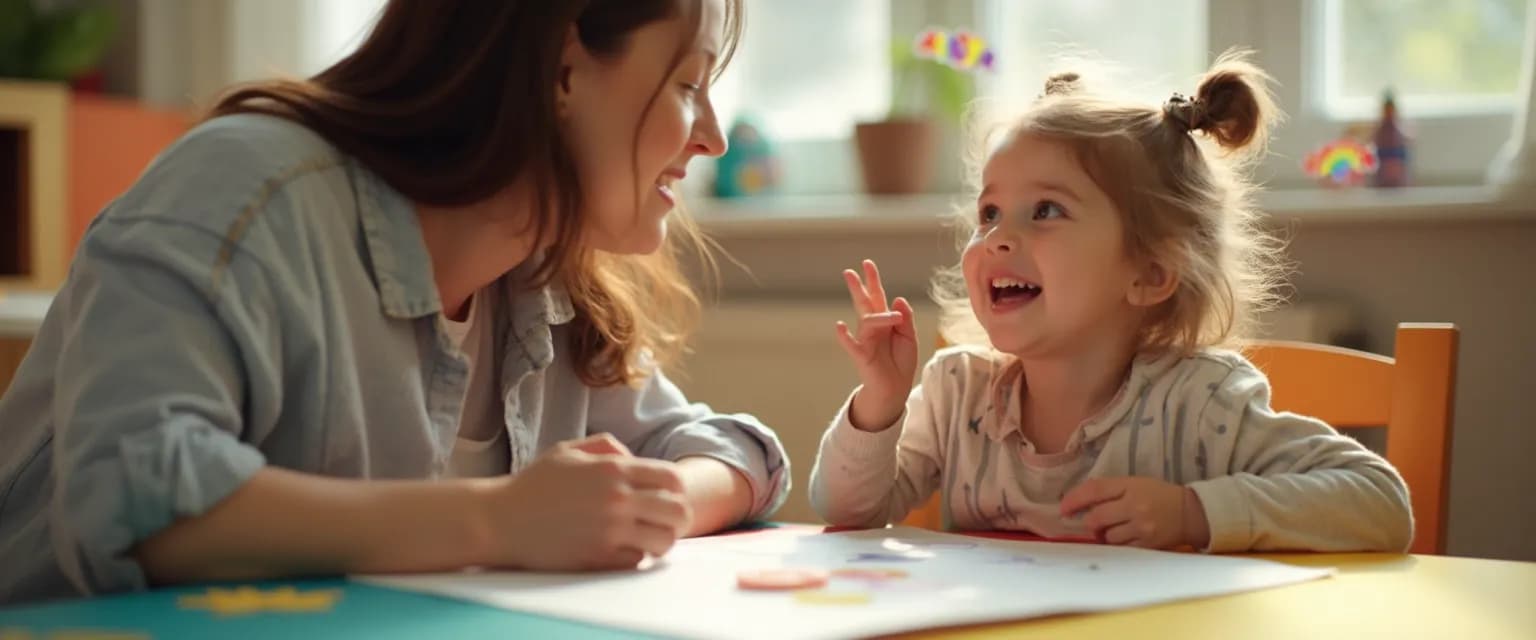Nurturing Self-Awareness for Kindergarten Children Through Daily Talks
Nurturing self awareness for kindergarten children happens in small moments, not big lessons. As parents, we have countless opportunities to help our little ones recognize and understand their emotions through everyday conversations. These natural interactions create the foundation for emotional intelligence that will serve them throughout life. Developing self awareness for kindergarten-aged children doesn't require special training or elaborate techniques—just intentional communication during your regular routines.
When kindergartners develop strong self-awareness, they gain valuable skills that impact every area of development. They become better at managing frustration, communicating needs, and building healthy relationships. Self awareness for kindergarten students helps them understand not just what they're feeling, but why they might be feeling that way—a crucial distinction that supports emotional regulation.
Parents hold a unique position as their child's first emotional guides. Through consistent, supportive conversations, you create safe spaces for kindergartners to explore their inner worlds. The beauty of this approach is its simplicity: it fits seamlessly into the rhythms you already share with your child.
Simple Conversation Starters to Build Self Awareness for Kindergarten Children
Implementing effective self awareness for kindergarten strategies doesn't require dedicated "teaching time." Instead, weave these conversations into everyday moments when your child is relaxed and receptive. Here are practical approaches organized by daily activities:
Mealtime Reflection Questions
Family meals provide perfect opportunities for meaningful exchanges about emotions. Try these simple prompts to enhance self awareness for kindergarten children during breakfast or dinner:
- "What made you smile today?"
- "Was there a time today when you felt proud of yourself?"
- "Did anything happen that made your heart feel heavy?"
These questions help kindergartners identify emotions while connecting feelings to specific experiences—a cornerstone of self awareness for kindergarten development.
Car Ride Emotional Check-ins
The confined, distraction-free environment of car rides creates ideal conditions for mindfulness techniques and emotional exploration. Try these approaches:
- Play the "feeling faces" game: take turns showing what different emotions look like
- Share your own emotional experiences: "I felt nervous before my meeting today"
- Notice environmental triggers: "That loud truck surprised me! Did it startle you too?"
These conversations help kindergartners connect external events with internal responses—a key component of self awareness for kindergarten children.
Bedtime Emotional Processing
The quiet, intimate moments before sleep provide perfect opportunities for reflection. Enhance self awareness for kindergarten children with these gentle prompts:
- "Let's name three feelings you had today."
- "What was something that challenged you today?"
- "How did your body feel when that happened?"
When children express difficult emotions, respond with validation: "It makes sense you felt frustrated when your block tower fell." This reinforces that all feelings are acceptable, while helping kindergartners build emotional vocabulary.
Turning Everyday Moments into Self Awareness for Kindergarten Learning
Beyond scheduled conversations, countless spontaneous moments offer chances to reinforce self awareness for kindergarten children. When your child shows frustration while tying shoes, you might say, "I notice your eyebrows are scrunched together. Are you feeling frustrated? That happens to me too when something is difficult."
Modeling your own emotional awareness provides powerful examples of self awareness for kindergarten children to observe. When appropriate, share your own emotional experiences: "I'm feeling disappointed that our picnic got rained out, but I'm also excited we get to build a fort inside instead!"
Celebrate growth when you notice your kindergartner demonstrating self-awareness: "You recognized you were getting angry and took a deep breath—that shows you're really understanding your feelings!"
Implementing these best self awareness for kindergarten practices doesn't require overhauling your routine. Start by choosing one daily activity—perhaps bedtime or breakfast—and incorporate just one question or observation about emotions. As these conversations become natural, expand to other moments throughout your day.
Remember that developing self awareness for kindergarten children is a gradual process. Some days, your child might provide detailed insights about their feelings; other days, they might shrug or change the subject. Both responses are perfectly normal. The consistency of your attention to emotions matters more than any individual conversation.
By weaving these simple practices into your daily interactions, you're giving your kindergartner invaluable tools for emotional intelligence. These small daily practices build the foundation for self awareness for kindergarten children that will support their social, emotional, and academic success for years to come.




